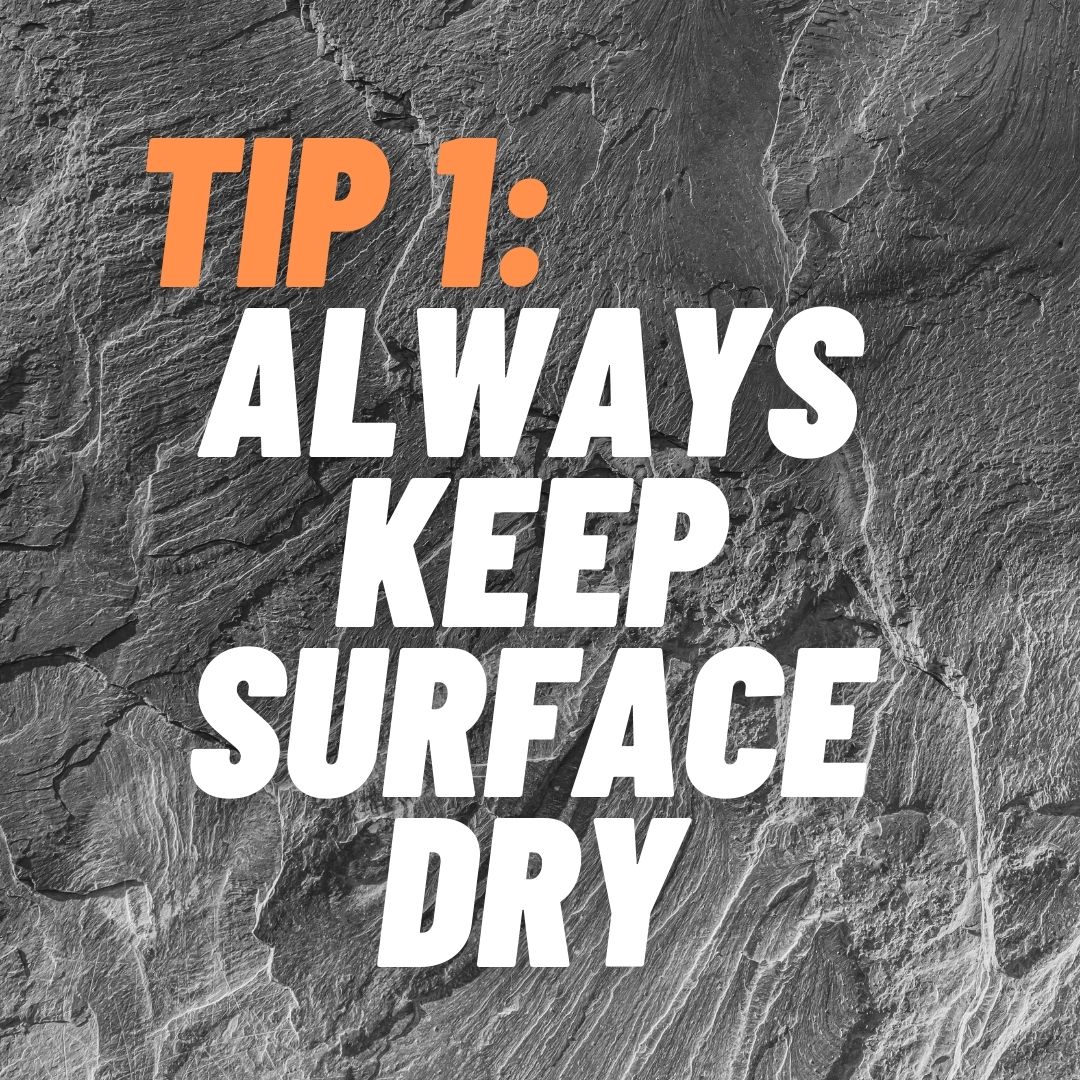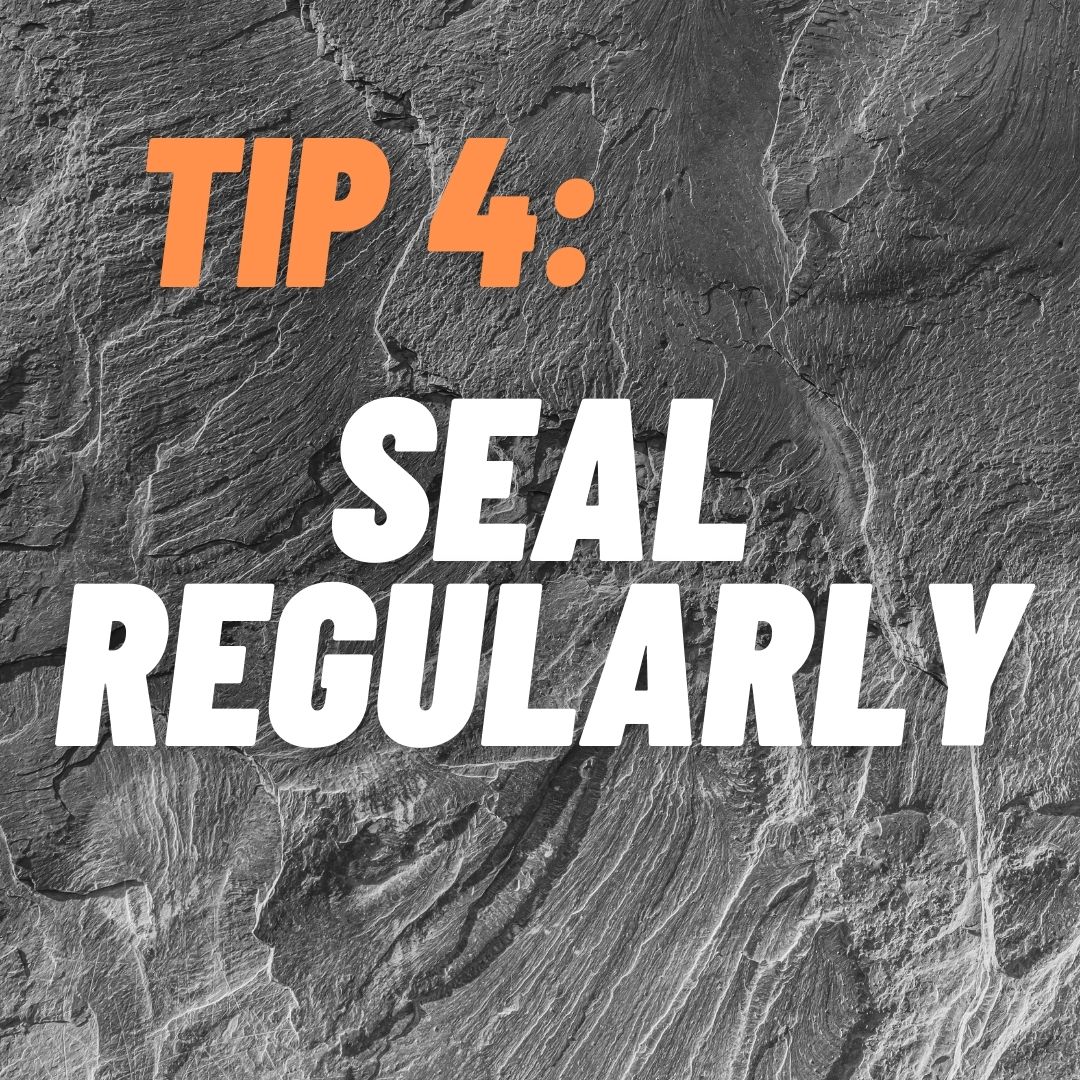Quartz countertops are composed of a manufactured stone that contains at least 93 percent quartz particles and other minerals molded into slabs and sealed with resins. These aren't solid quartz slabs mined from the earth.
Quartz was developed as a more adaptable and superior-performing substitute for
granite and marble. It has a nonporous surface that resists scratching and staining, and it comes in a wider range of colors than granite.
Some are convincing imitations of natural marble with similar veining. Engineered quartz, unlike natural stone, does not require yearly sealing.
Recycled glass is being incorporated into more and more products as a result of technological advancements. This technology has also been utilized in so-called
"glass countertops," which are comprised of particles of recycled glass combined with resins to form countertop slabs.
Consumers interested in staying on the cutting edge should think about purchasing glass or quartz kitchen worktops.
Advantages of Quartz CountertopsOne of the main advantages of quartz countertops is that they can be easily installed by homeowners themselves.
Additionally, they require very little maintenance and no sealing is necessary.
Quartz countertops are also appealing because the slabs are uniform with few if any imperfections.
They can be custom-fabricated in nearly any size or shape, making them a versatile option for any kitchen design.
Additionally, quartz is resistant to staining and heat damage, making it a durable choice for countertops.
Finally, quartz has a more convincing, natural appearance than solid surface materials like laminate or tile.
Consequently, quartz countertops are an increasingly popular choice for homeowners looking to update their kitchens.
No need for professional installation - DIY installation is possible
Maintenance - Easy to maintain, no sealing required
No imperfections - Slabs are uniform, with no imperfections
Custom-fit - Can be custom-fabricated in any size and shape
Heatproof - Resists stains and is impervious to heat and acid










